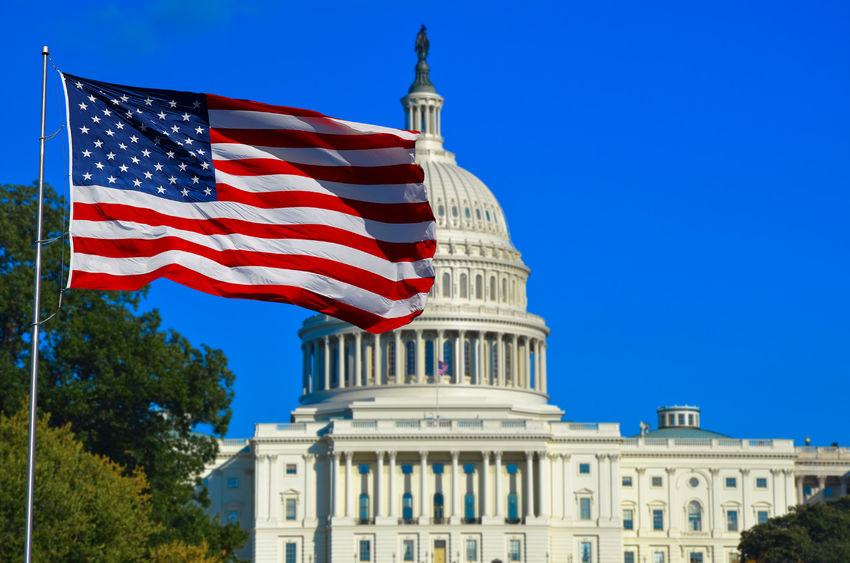
The U.S. Department of Labor (DOL) on Wednesday issued the final version of its proposed fiduciary duty rule on retirement advice, which is now slated to take effect in 2017.
The rule aims to ensure that “retirement savers get investment advice in their best interest, so they can grow their nest egg and be better prepared for retirement,” according to documents published Wednesday by the White House.
Additionally, the U.S. federal government says that the rule will help lower investment costs; and, that it will “level the playing field for the many good actors, so that retirement advisors will compete based on the quality of advice they give.”
Among other things, the final version of the rule: defines fiduciary investment advice; extends fiduciary obligations to more advisors; creates exemptions that allow firms to accept compensation, such as commissions and revenue sharing payments, if they commit to putting their client’s best interest first; and requires advisors to disclose conflicts.
See: U.S. advisors underestimate impact of proposed fiduciary standard
The DOL issued its first proposal in this area in 2010, and published a second version last April. The final version has been revised in response to feedback received on these proposals, with changes that aim to reduce the compliance burden, and ensure continued access to advice, “while maintaining an enforceable best interest standard that protects consumers,” the White House says.
For example, the latest version of the rule aims to further clarify what constitutes fiduciary advice; expands the “best interest contract” (BIC) exemption; and streamlines and simplifies the requirements of that exemption. It also streamlines the disclosure requirements imposed under the rule; eliminates certain data retention requirements; grandfathers existing investments; and extends the implementation period.
The final rule takes a “phased” implementation approach that will see the rule take effect one year after publication (April 2017), with the full requirements going into effect on Jan. 1, 2018.
Photo copyright:suringaw/123RF